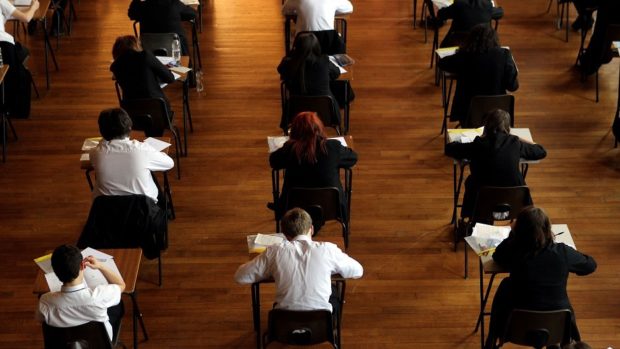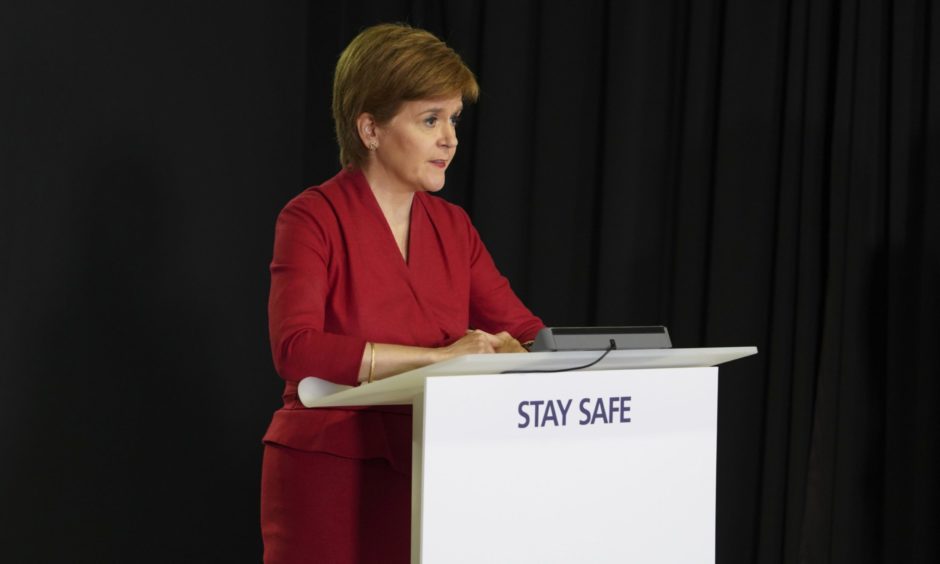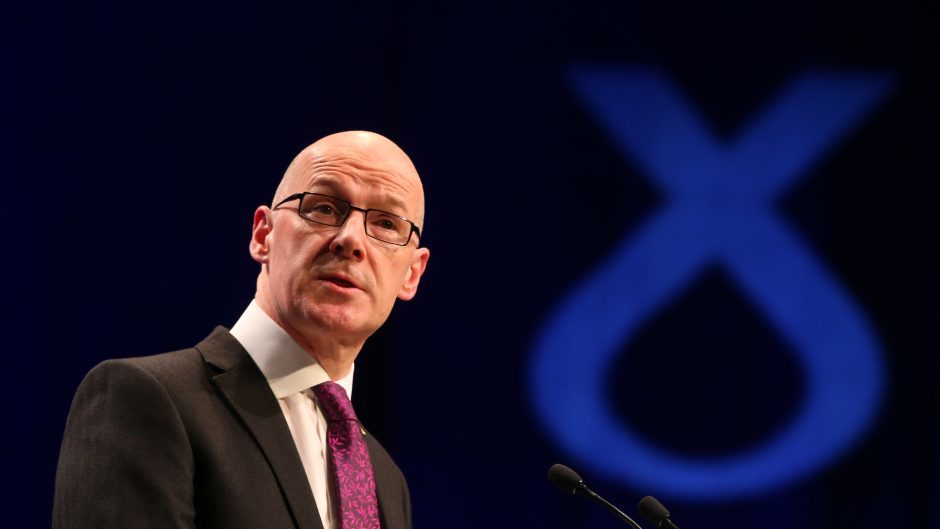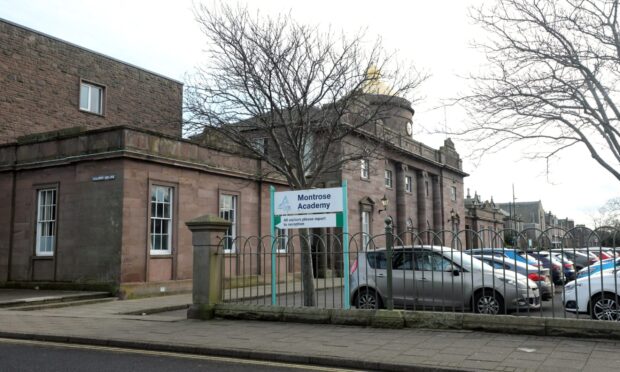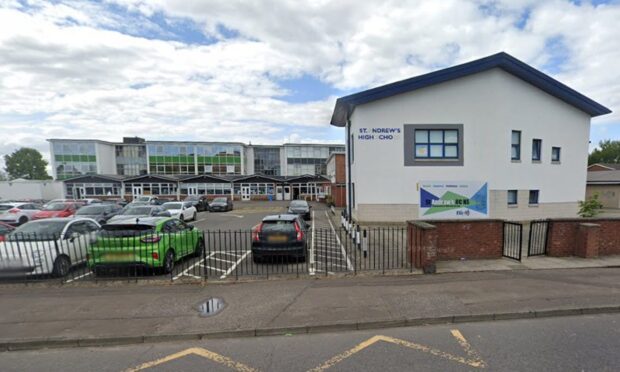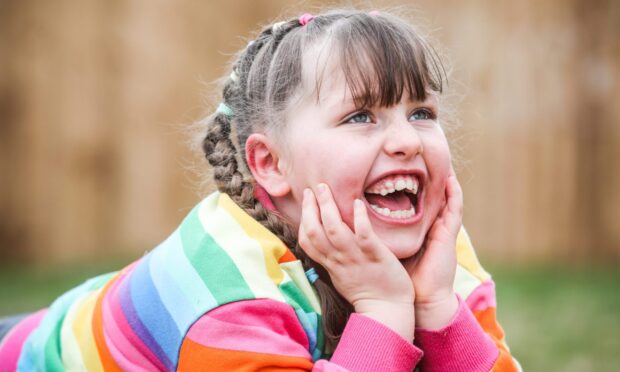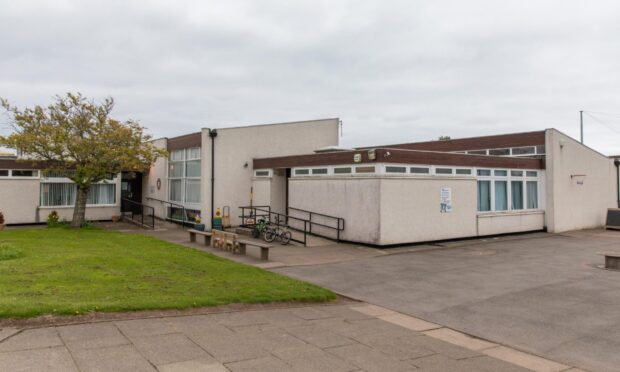The First Minister has apologised to pupils over the handling of controversial exam results, admitting the Scottish Government did “not get this right”.
Nicola Sturgeon said she had been “soul searching” in recent days, and had concluded she did not want a situation where pupils from the most deprived communities conclude that it “doesn’t matter how hard they work at school because the system’s against them”.
She said those pupils who had their most recent exam results downgraded by the Scottish Qualifications Authority (SQA) will not all be expected to appeal against them, ahead of a statement by Education Secretary John Swinney in the Scottish Parliament tomorrow.
With no exams this year, Scottish ministers tasked the SQA with applying an approach that delivered a set of results that are comparable in terms of quality to last year.
Despite our best intentions, I do acknowledge we did not get this right and I’m sorry for that.”
First Minister Nicola Sturgeon
However, a methodology was applied whereby grades estimated by teachers were downgraded based on criteria including the historic performance of the school.
This resulted in pass rates for pupils in the most deprived data zones being reduced by 15.2% in comparison with 6.9% for pupils from the most affluent backgrounds.
The First Minister apologised for the controversy, adding the Scottish Government does not expect every student who has been downgraded to appeal.
She said: “We will be taking steps to ensure that every young person gets a grade that recognises the work they have done.
“Our concern – which was to make sure that the grades young people got were as valid as those they would have got in any other year – perhaps led us to think too much about the overall system and not enough about the individual pupil.
“That has meant that too many have lost out on grades that they think they should have had and also that that has happened as a result not of anything they’ve done but because of a statistical model or an algorithm, and in addition that burden has not fallen equally across our society.”
She added: “Despite our best intentions, I do acknowledge we did not get this right and I’m sorry for that.”
We will be taking steps to ensure that every young person gets a grade that recognises the work they have done.”
First Minister Nicola Sturgeon
The First Minister confirmed Mr Swinney will set out an “alternative approach” to the grades appeals process in parliament on Tuesday, following calls for his resignation from opposition opponents.
Mr Swinney is set to announce a major U-turn as he attempts to reassure angry pupils they will get the results they deserve.
Speaking during her daily briefing on Monday, Ms Sturgeon said her government took the decision with the “best of intentions” but was in an “unprecedented situation”.
She also pointed to the similar approaches taken in England and Wales by governments of “different political colours”.
She added that she and Mr Swinney had “listened intently” to young people over the last few days and had concluded they “couldn’t let this stand”.
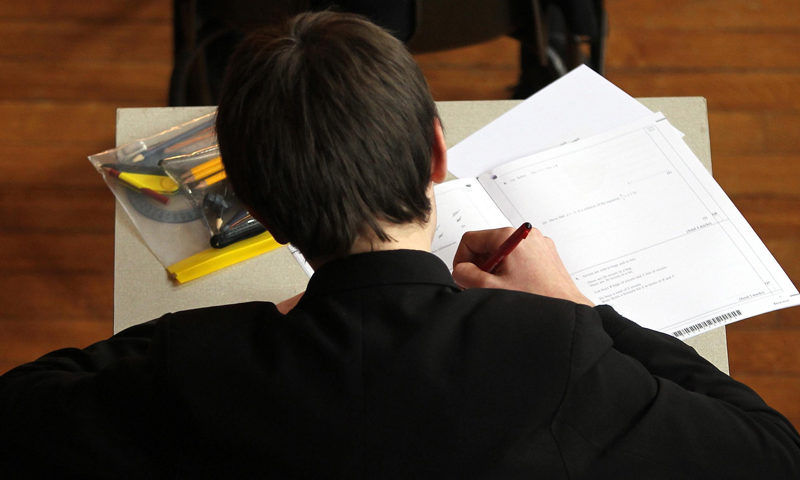
The First Minister said: “Rightly or wrongly, I can’t and I’m not having, a situation as a legacy of this year’s process and as a legacy of the invidious decisions we’ve all had to take over Covid-19, being that a young person in the kind of communities that I grew up in concluding that it doesn’t matter how hard they work at school because the system’s against them.
“That actually, for me, having had the few days to properly think about this and listen to this, that is a bigger problem than any suggestion that this year’s pass rate is a bit higher than it would have been.”
It is understood officials are examining ways to automatically review the results of downgraded pupils without each having to lodge an individual appeal, which can be stressful and time consuming.
The moderation process resulted in 124,564 pupils having their results downgraded by the SQA, the equivalent of 26.2% of all grades.
